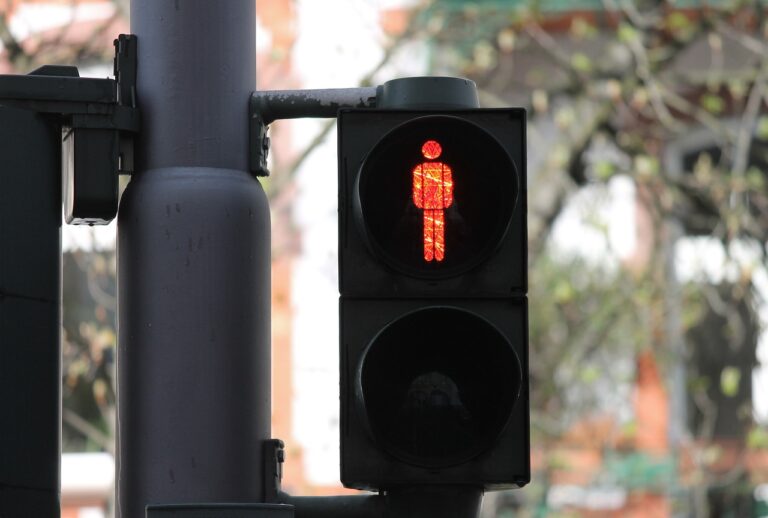Addressing Liability Concerns in AV Fleet Operations: Tigerexchange 247.com, Golden 77.com, Sky 99 exch com login
tigerexchange 247.com, golden 77.com, sky 99 exch com login: Addressing Liability Concerns in AV Fleet Operations
Fleet operations are becoming increasingly popular in the world of autonomous vehicles (AVs). With the rise of self-driving technology, companies are looking to deploy fleets of AVs for various purposes, such as ride-sharing, delivery services, and more. While AV technology holds great promise in terms of safety and efficiency, it also raises important questions regarding liability in the event of accidents or other incidents.
Here are some key considerations for addressing liability concerns in AV fleet operations:
Understanding Liability in AV Fleet Operations
One of the main challenges in AV fleet operations is determining liability in the event of accidents. Traditional liability frameworks may not be sufficient to address the unique circumstances of AV technology. For example, who is responsible if an AV gets into an accident while operating in autonomous mode? Is it the manufacturer, the operator, or the passenger?
To address these concerns, companies must work with legal experts to develop comprehensive liability policies that account for the complexities of AV technology. This may involve carefully drafting contracts with AV manufacturers and operators, as well as securing appropriate insurance coverage.
Implementing Safety Protocols
Another important aspect of addressing liability concerns in AV fleet operations is implementing robust safety protocols. Companies must ensure that their AVs are equipped with the latest safety features and undergo regular maintenance checks. Additionally, AV operators should receive specialized training to handle emergency situations and respond appropriately to incidents on the road.
By prioritizing safety, companies can minimize the risk of accidents and mitigate potential liability issues. It is crucial to continuously monitor and update safety protocols to keep pace with evolving AV technology.
Collaborating with Regulators
Regulatory compliance is a key component of addressing liability concerns in AV fleet operations. Companies must work closely with regulators to ensure that their operations comply with relevant laws and regulations. This includes obtaining necessary permits, licenses, and certifications, as well as adhering to safety standards set by governing bodies.
By collaborating with regulators, companies can demonstrate their commitment to safe and responsible AV deployment. This partnership can also help companies navigate legal challenges and address liability concerns in a proactive manner.
Investing in Risk Management
Risk management is essential for addressing liability concerns in AV fleet operations. Companies must conduct thorough risk assessments to identify potential vulnerabilities and develop strategies to mitigate them. This may involve conducting regular safety audits, implementing contingency plans, and establishing clear lines of communication in the event of an incident.
By investing in risk management, companies can proactively address liability concerns and protect their interests in the rapidly evolving AV landscape. This proactive approach can help companies build trust with stakeholders and demonstrate their commitment to safety and accountability.
FAQs:
Q: Who is liable in the event of an accident involving an AV?
A: Liability in AV accidents can vary depending on the circumstances. In some cases, the manufacturer or operator of the AV may be held liable, while in others, the passenger or third parties may share responsibility.
Q: How can companies minimize liability in AV fleet operations?
A: Companies can minimize liability by implementing robust safety protocols, collaborating with regulators, investing in risk management, and securing appropriate insurance coverage.
Q: What role do regulators play in addressing liability concerns in AV fleet operations?
A: Regulators play a crucial role in setting safety standards, enforcing compliance with laws and regulations, and providing guidance to companies on liability issues related to AV technology.
Q: How can companies stay updated on the latest developments in AV liability issues?
A: Companies can stay updated by following industry news, attending conferences and workshops, participating in industry associations, and consulting with legal experts specializing in AV technology.
In conclusion, addressing liability concerns in AV fleet operations requires a proactive and multifaceted approach. By understanding liability frameworks, implementing safety protocols, collaborating with regulators, and investing in risk management, companies can navigate the complexities of AV technology and protect their interests in the evolving landscape of autonomous vehicles.







